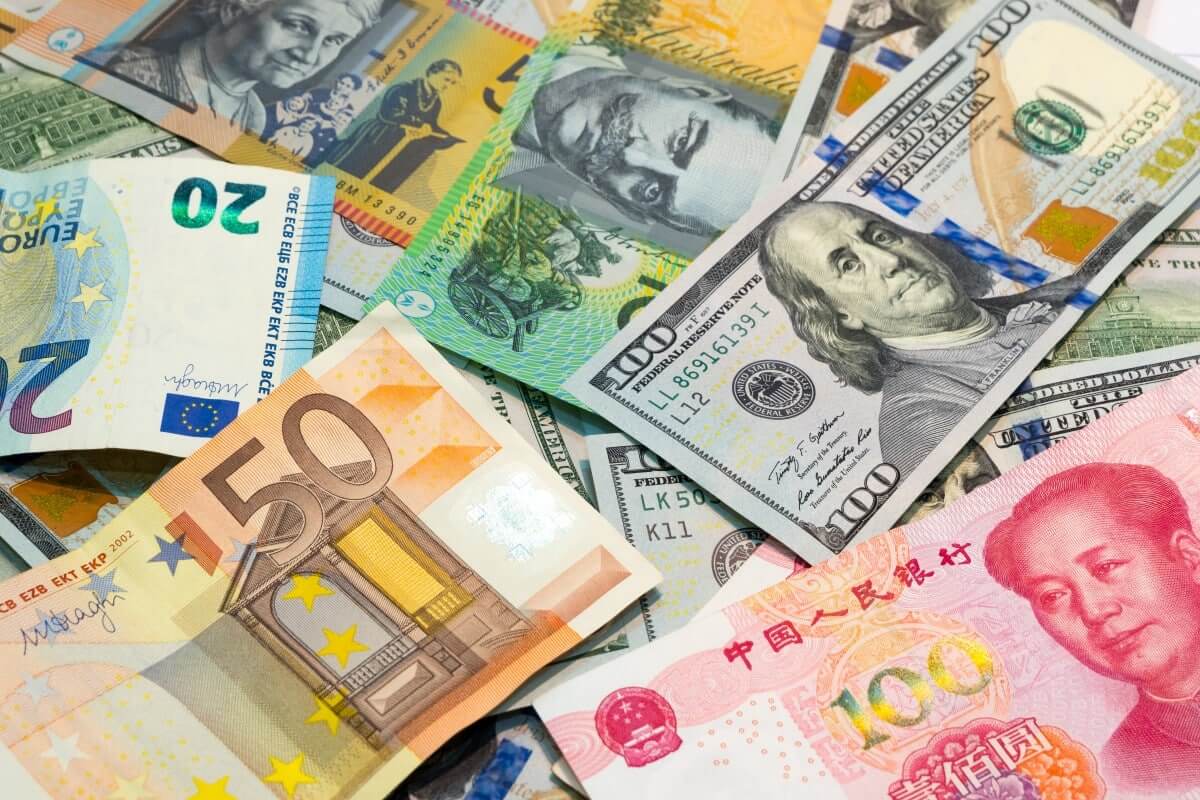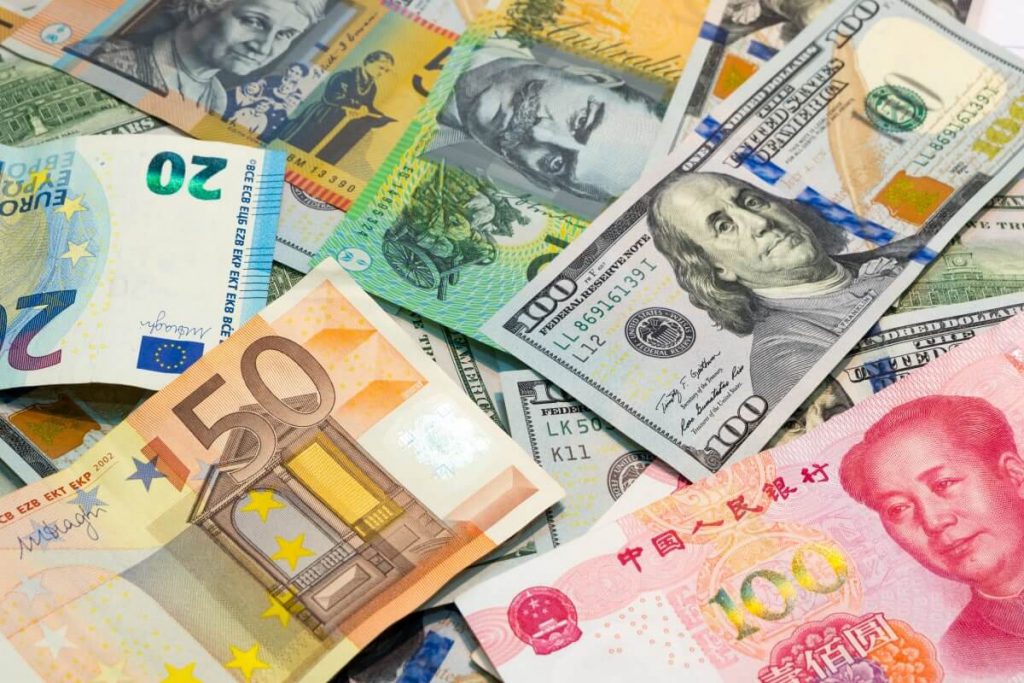
The U.S. Dollar Soared on Thursday. The Euro Also Hit High
The U.S. dollar surged forward on Thursday after plummeting to an eight-month low against the basket of six major currencies in the previous sessions. Investors are waiting for the U.S. economic data. They expect the economic recession to encourage the Fed to slow down its aggressive monetary tightening policy. The weak U.S. corporate earnings season revived recession fears in the country, causing the dollar index to collapse to its lowest level since the end of May. However, the currency rebounded today. It climbed up by 0.2% to 101.76 at last.
The Commerce Department plans to release advance estimates of U.S. fourth-quarter GDP later today. Shaun Osborne, the Chief FX Strategist at Scotiabank, noted that the data would likely show that the growth has slowed, along with core personal spending. According to him, that should support expectations for the Federal Reserve to slow the pace of tightening. Such news will also weigh on the greenback, though.
The Fed’s two-day meeting is scheduled for next week. Market participants have priced in a 25-basis-point interest rate increase. That is lower than the central bank’s 50 bps and 75 bps hikes in 2022.
How Are the Euro and Sterling Faring?
The common currency skyrocketed to a fresh nine-month high of $1.09295 on Thursday. It exchanged hands just below that level at last. Overall, the Euro declined by 0.2% on the day at $1.0896. On the other hand, the British Pound remained flat at $1.2394. Still, it traded near its seven-month peak hit on Monday against the dollar. Investors expect the Bank of England and European Central Bank to announce a 50 bps rate increase at their meeting next week.
Meanwhile, the Australian dollar jumped to a new five-month peak of $0.7129. Traders expect more hikes from the Reserve Bank of Australia, especially after Australian inflation soared to a 33-year high during the last quarter.
On Thursday, the greenback gained 0.1% versus the Japanese yen, trading at 129.69. The Bank of Japan will discuss the inflation outlook at their January meeting. The BoJ could take time for wages to increase sustainably, though.
South Africa’s rand also edged up slightly ahead of an interest rate decision later today. The MSCI’s index of emerging market currencies climbed by 0.1%, as well. However, the Turkish lira fluctuated between flat and higher against the U.S. dollar.
Furthermore, the rouble plunged to a more than one-week low against the greenback before recovering some losses later. Investors are waiting for next week’s month-end tax payments. The latter will probably support the Russian currency.


